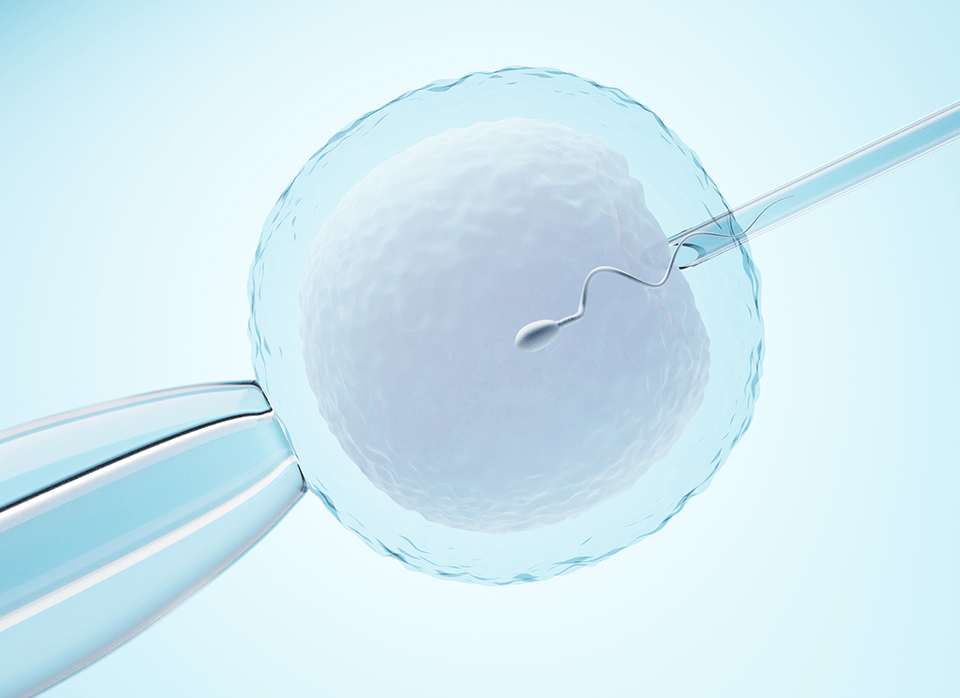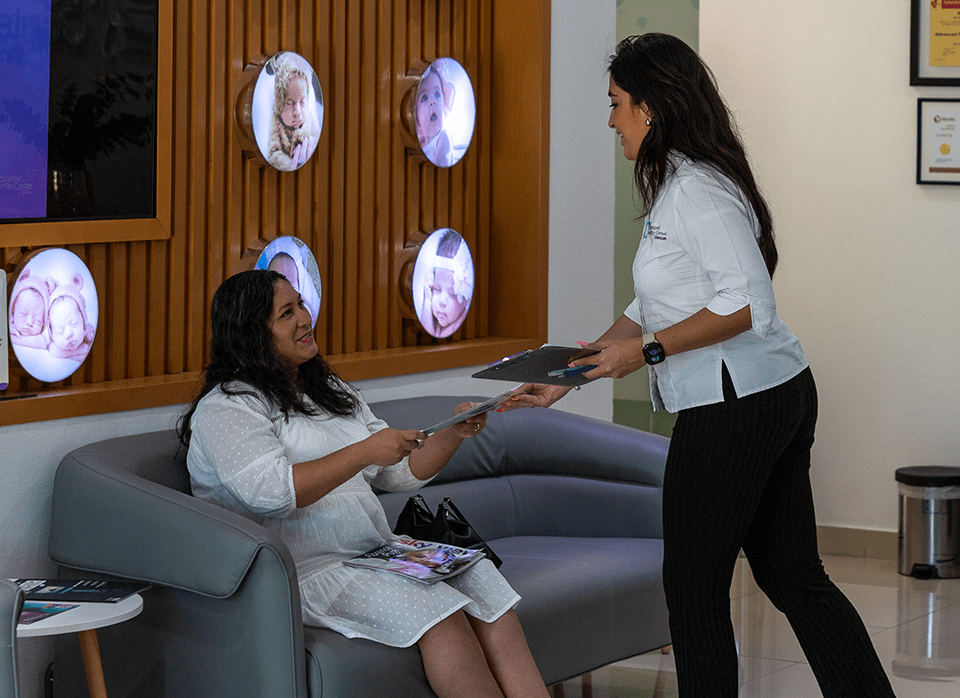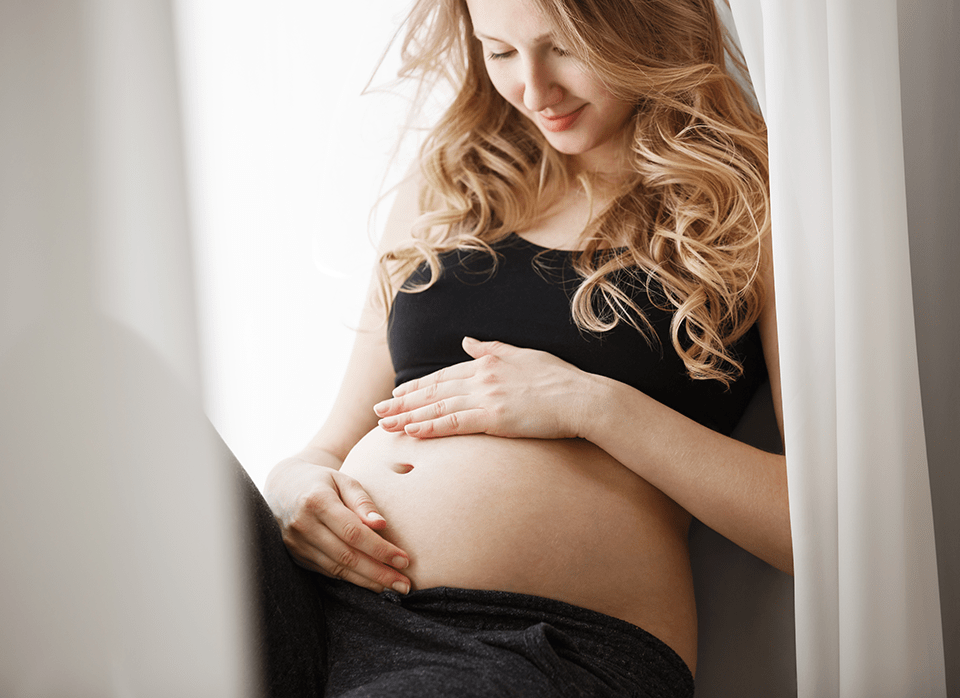
The emotions during a fertility treatment
June 28, 2025
How to plan your fertility trip to Cancun?
July 14, 2025What are the factors that affect embryo quality? When a couple begins an assisted reproduction treatment, one of the most important elements to consider is the quality of the embryos generated during the process.
Embryo quality is directly related to the probability of achieving a successful pregnancy, as well as the healthy development of the embryo during the early stages of gestation. Understanding what embryo quality is, what factors affect it, and why it is so relevant within fertility procedures is essential for those who wish to become parents.
What is embryo quality?
It refers to the morphological and genetic characteristics of the embryo, which allow the evaluation of its probability of implantation in the uterus and its proper development. This evaluation is carried out in the laboratory during the early stages of embryo development and allows the selection of the embryos with the greatest potential to be transferred to the woman’s uterus during treatments such as in vitro fertilization.
It is one of the key factors for increasing success rates in assisted reproduction treatments. However, this quality does not depend solely on the embryo itself but is the result of multiple conditions involving both the male and female factors.
What are some factors that affect embryo quality?
- The woman’s age.
One of the main factors that affects egg quality is age. After the age of 35, the quantity and quality of eggs decrease considerably, which can result in lower embryo quality and lower implantation rates.
- Sperm quality.
The male factor also influences embryo quality. Alterations in the motility, morphology, or concentration of sperm can affect the fertilization process and the early development of the embryo.
- The couple’s genetic conditions.
Both eggs and sperm can carry genetic or chromosomal alterations that affect the normal development of the embryo. These conditions can lead to non-viable embryos or embryos with low implantation potential.
- Lifestyle.
Habits such as smoking, excessive alcohol consumption, an unhealthy diet, or a sedentary lifestyle can affect reproductive health and, therefore, the quality of gametes and embryos. Chronic stress can also have a negative impact.
- Medical conditions.
Diseases such as endometriosis, polycystic ovary syndrome, hormonal imbalances, or untreated infections can impact egg quality and the uterine environment, affecting embryo viability.
- Using donor eggs or sperm.
In cases where the couple’s own eggs or sperm are not viable, the use of donated gametes can significantly improve embryo quality and success rates. This is why, in some cases, the doctor may recommend considering the use of donor eggs or sperm.
We invite you to read our blog post: Certified fertility clinic in Cancun. We believe it might be of interest to you.
Having good quality embryos increases the chances of achieving a safe and healthy pregnancy. During in vitro fertilization, specialists select the best quality embryos to transfer to the uterus.
In our fertility clinic, we have advanced technology and a professional team that supports each patient in their process, always seeking the best options to fulfill the dream of having a healthy and happy baby.
At Advanced Fertility Center Cancun we have a team of specialists who will provide you with the professional and compassionate care you deserve.
Now that we have shared some information about the factors that affect embryo quality, we would like to know what other questions or doubts you may have about Advanced Fertility Center Cancun that you would like our medical team to answer. You can share them in the comments.
What other topics would you like us to talk about on our blog? Please write them in the comments below!
If you’d like to visit our clinic, contact us to schedule your first appointment.
Follow us on Facebook | Youtube











